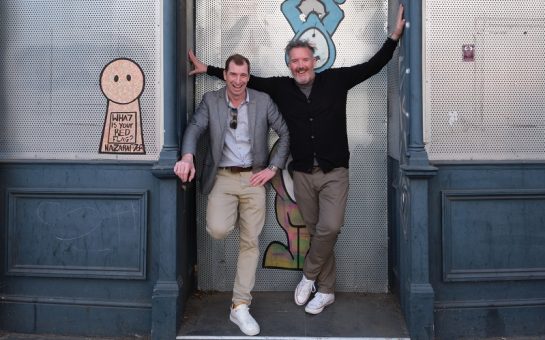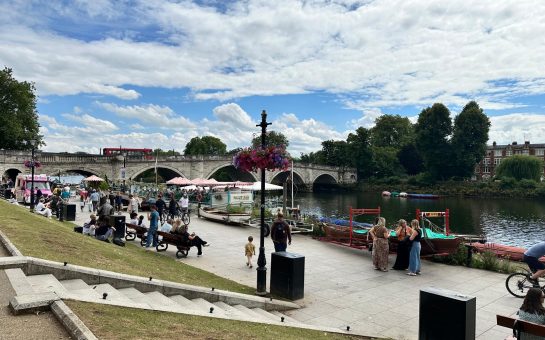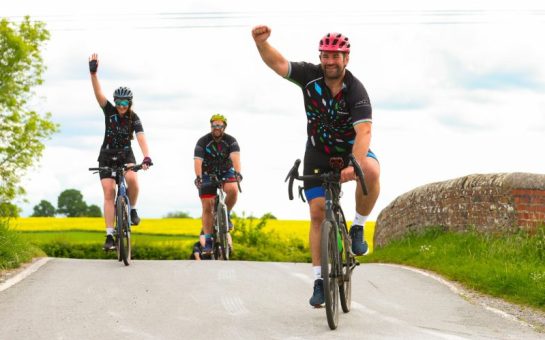A year ago, newspaper front pages were covering the first known death in the UK from Covid-19.
As the country prepares for the easing of the current lockdown, with children returning to school next week, we look ahead to the next year and consider how things might continue to change.
Read on to hear from voices across south west London including Munira Wilson MP and a professor of politics at the American University in Richmond as they discuss the impact on racial inequality, business and the arts.
Munira Wilson – MP for Twickenham
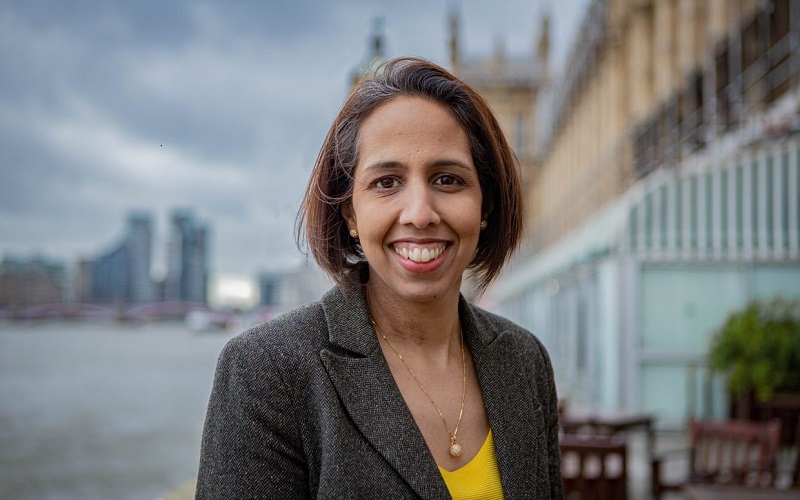
What will the world look like one year from now?
One year from now, I hope our local area, our country and, indeed, our world will be far more open than it is today. The rapid vaccine rollout, delivered by the NHS, provides that light at the end of the tunnel, though it must go hand in hand with ongoing public health efforts such as test, trace, isolate.
As well as being able to hug and kiss our loved ones again, including those who live overseas, I look forward to hearing the sound of children in playgrounds, sports fields and soft play.
I look forward to seeing local businesses fully open and flourishing again. In particular, the loss of access to theatres, live music, sports and other cultural activities over the past year has made many of us value these things even more, so I hope to see our arts venues bustling again.
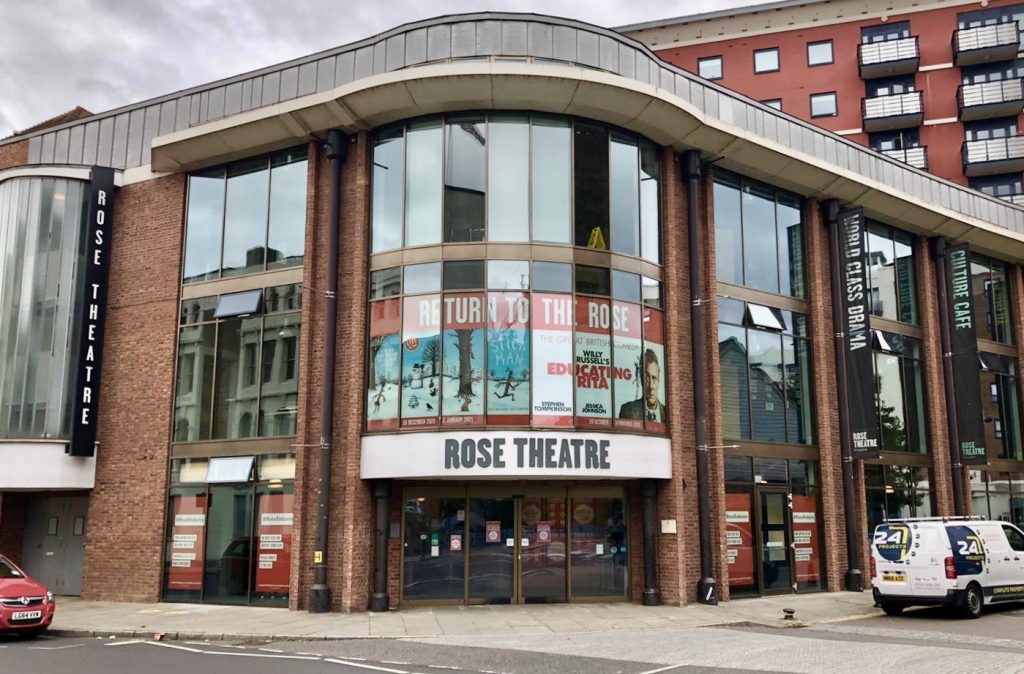
One of the most important things the pandemic has reminded us as a society, is how important our key workers are. One year from now, I hope we will still remember their efforts and sacrifices and, critically, recognise and value them appropriately.
How will south west London be different one year from now?
I think the biggest visual change in south west London will be on our high streets. Sadly, some shops, restaurants and beauty businesses may not be able to re-open when the lockdown finally ends because of the heavy toll of the pandemic restrictions. In Whitton High Street we will no longer have a single bank or building society branch.
I hope that both national and local government are able to put the right incentives and support in place to ensure these empty spaces provide opportunities for new leisure and service businesses, changing the way we use our town centres but keeping them as the hub of our communities.
Paul Rekret, associate professor of politics, American University London, Richmond
How will the world be different one year from now?
How the world will be different will depend upon a variety of factors, including the ability of Covid-19 to mutate in ways that make it resistant to vaccines. Regardless of the success of vaccination, all signs point to a growing economic crisis and increasing economic inequality and a concentration of wealth.
This is exemplified, for instance, in the rapid monopolies that Amazon is developing across the global North. Its also illustrated in the ways that the distribution of vaccines reflects colonial and neo-colonial structures of inequality, with societies across the global South more or less excluded from access to vaccination.
Within Britain those inequalities are also reflected in the way that the distribution of death has mirrored wider racialised patterns of inequality. People in low-paid, precarious and on-call work – where people of colour are over-represented – have borne the brunt of the suffering from this illness. Not only insofar as they have died in far greater numbers but also having suffered a year of lockdowns in far more densely packed housing, for example.
These patterns of inequality are likely to be exacerbated over the next year as the global economy continues to function at very low rates of growth and in Britain in particular, where the economy also suffers the consequences of Brexit and unemployment numbers begin to explode with the winding down of furlough schemes.
Bruce Lyons, spokesperson for the Church Street Association and owner of Crusader Travel in Twickenham
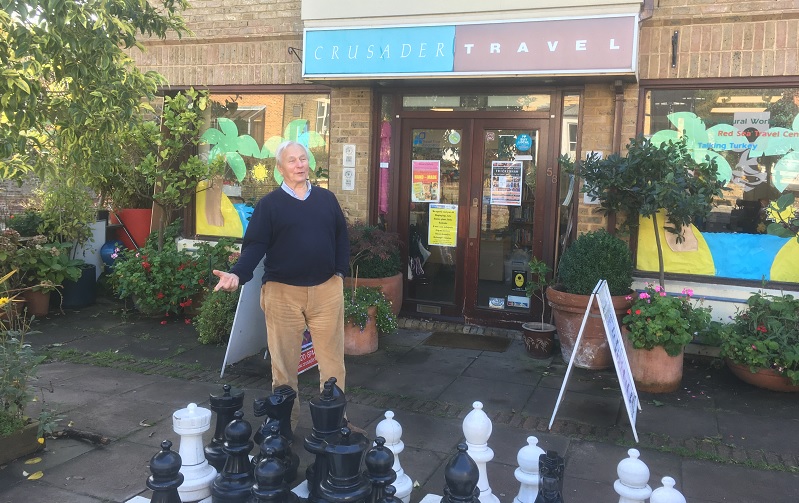
How will south west London be different one year from now?
When Covid-19 arrived on Church Street we had 5 vacant shops, we now only have 2 and they are in the process of being completed.
During the pandemic our traders have, where possible, developed more online presence and engaged with the internet with good results. In this time the street has become pedestrianised and this has enabled us to extend our al fresco offering which enhances our ‘welcome’.
That continues to grow as we believe that the street is the place to go for what was the homeworking community, but is now the work from home community which is much larger.
The street has become a magnet for dog walkers and even now we have several cafes that are doing take away and one has turned her Italian café into an Italian deli.
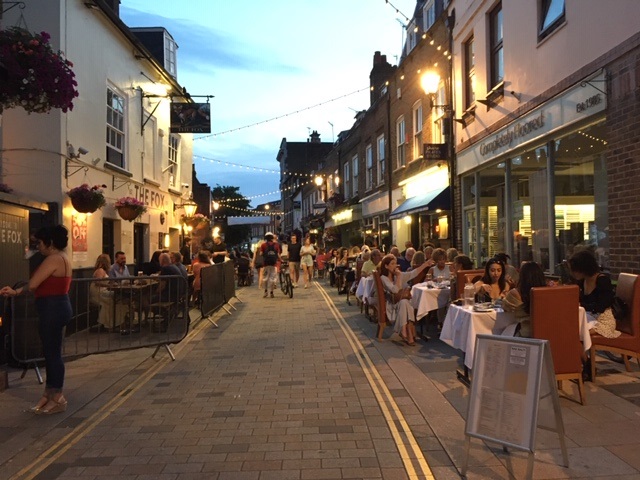
So as we come out of the pandemic we believe that the ‘welcome’ will grow more and we believe the street will be even more popular
What will international travel look like one year from now?
From our perspective, as we work from home and from behind closed doors we can see firstly from an agency point of view people favour working with a shop they can visit and see and not through call centres because they feel more comfortable with personal contact and with people they can trust and find if they want to raise tricky issues
We believe the community will value their holidays and breaks – with more emphasis on content rather than just beach and sand, like culture and new experiences.
Prices will rise because of the pandemic and that will add to people wanting more from their travel. In addition holidays in the UK will become more popular as global warming has an impact on the UK weather.
By and large we believe we will grow back fast but there will be a difference in the communities attitude to book – taking a greater interest in the content.
